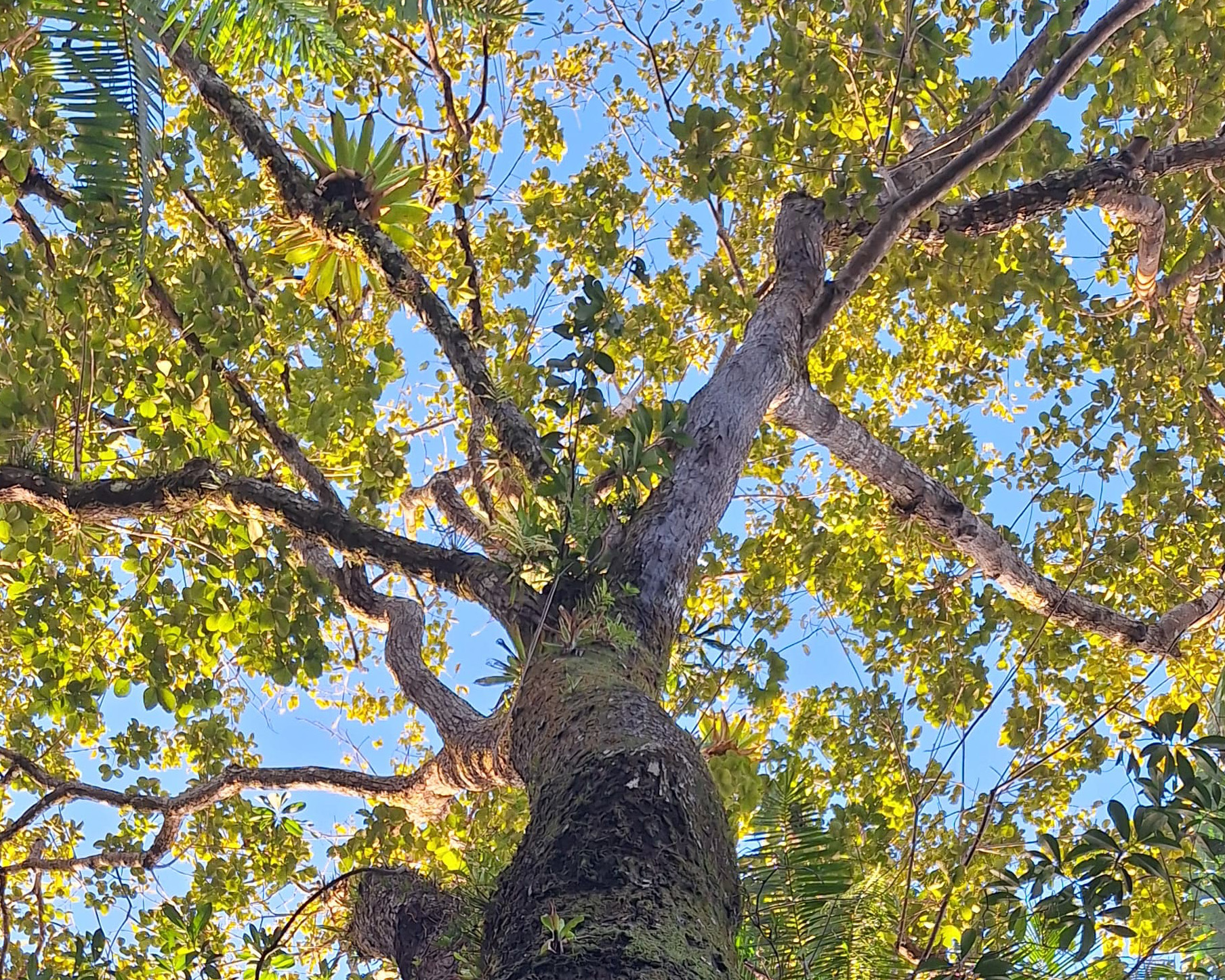Sustainable agricultural intensification (SAI) has the potential to increase food security without detrimental effects on ecosystem services. However, adoption of SAI practices across sub-Saharan Africa has not reached transformational numbers to date. It is often hampered by lack of context-specific practices, sub-optimal understanding of tradeoffs and synergies among stakeholders, and lack of approaches that bring diverse evidence sources together with stakeholders to collectively tackle complex problems. In this study, we asked three interconnected questions: (i) What is the accessibility and use of evidence for SAI decision making; (ii) What tools could enhance access and interaction with evidence for tradeoff analysis; and (iii) Which stakeholders must be included? This study employed a range of research and engagement methods including surveys, stakeholder analysis, participatory trade-off assessments and co-design of decision dashboards to better support evidence-based decision making in Zambia, Tanzania and Ethiopia. At the inception, SAI evidence was accessible and used by less than half of the decision makers across the three countries and online dashboards hold promise to enhance access. Many of the stakeholders working on SAI were not collaborating and tradeoff analysis was an under-utilized tool. Structured engagement across multiple stakeholder groups with evidence is critical.
DOI:
https://doi.org/10.1080/14735903.2021.1897297
Altmetric score:
Dimensions Citation Count:

Publication year
2021
Authors
Winowiecki, L.A.; Bourne, M.; Magaju, C.; Neely, C.; Massawe, B.; Masikati, P.; Vågen, T-G.; Musili, F.; Nabi, M.; Nguyo, A.; Seid, H.; Hadgu, K.; Shoo, A.; Tembo, H.; Chipatela, F.; Chesterman, S.; Hughes, K.; Temu, E.; Kimaro, A.A.; Sinclair, F.
Language
English
Keywords
agricultural intensification, stakeholders, decision making, small scale farming, farming systems
Geographic
Ethiopia, Tanzania, Zambia



















